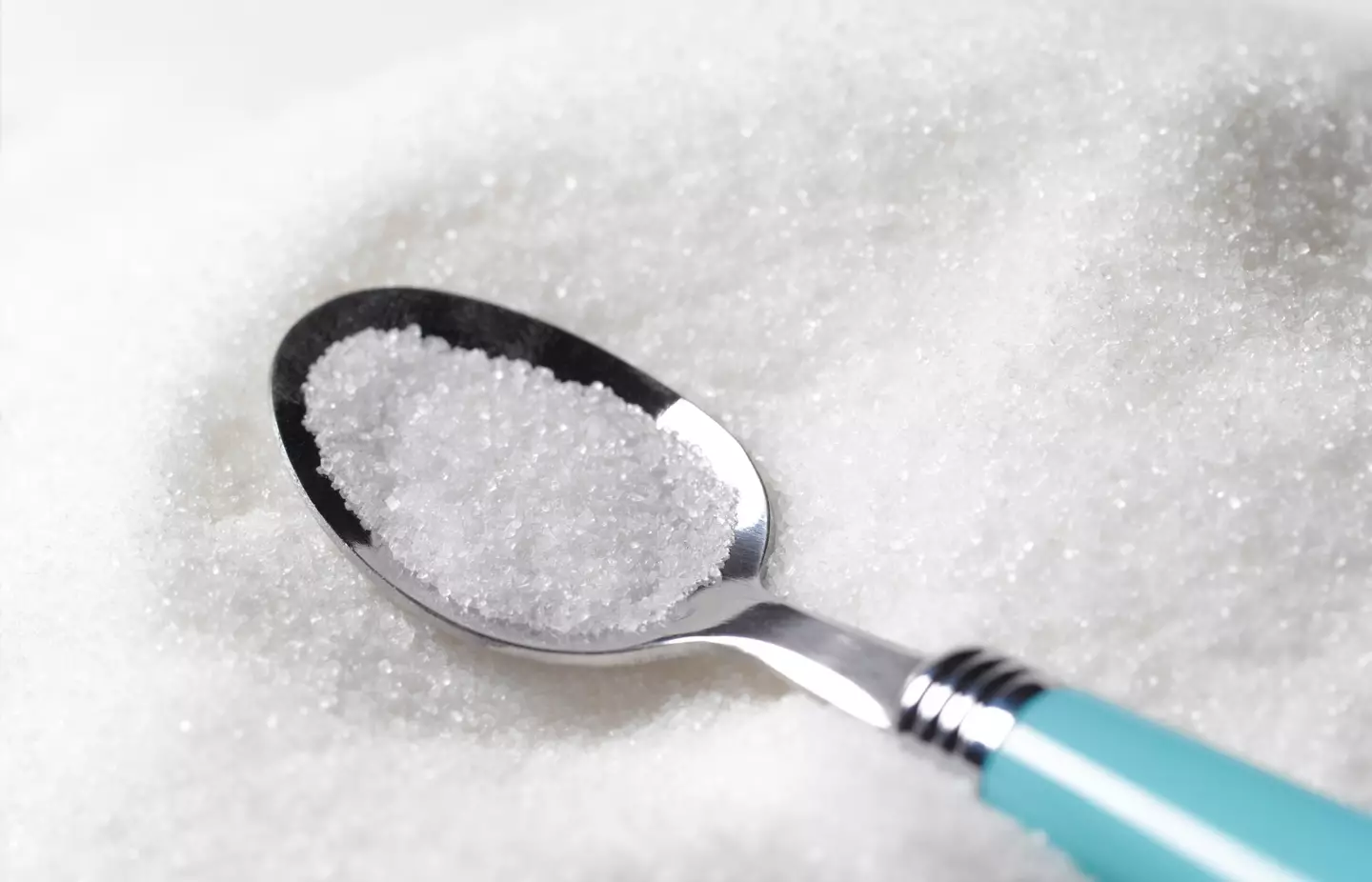We all know that too much sugar is bad for us, but it can be hard to give it up – after all, it seems to be a tricky ingredient in many different foods.
According to the NHS, adults should have no more than 30g of “free sugar” every day.
Free sugar is sugar added to food or drink, as well as sugar found in things like honey, syrups, and unpasteurized fruit and vegetable juices, smoothies, and purées.
Although free sugar is often found in the types of food we crave – for example, chocolate – there is also sugar in fruit, vegetables and milk.
But it’s not these types of sugar that most of us need to cut back on.

Giving up sugar can have huge benefits (Getty Stock Photo)
If you’ve been having too much sugar for a long time, you may decide to give it up, at least for a while.
But since it’s such a big part of our diet, it makes sense that our bodies will have to adapt to a life without sugar.
Here are some of the things that can happen when you give up sugar.
Removal of sugar
It is not surprising to see adverse effects once sugar is removed from your diet.
Those who have given up sugar have reported ‘withdrawal’ symptoms, including depression, anxiety, brain fog, headaches and fatigue.
These side effects can make it difficult to tolerate, but it is important to try and understand the science behind why it happens.
Animal studies have revealed that withdrawal from sugar can be similar to withdrawal from drugs.
And of course, these are animal studies and not humans, it gives an indication of why side effects can occur.
In another study, published in the journal Nutritional Neuroscience, the authors wrote: “Research shows that the effects of sugar addiction, withdrawal and relapse are similar to those of drugs of abuse.”

According to the NHS, adults should have no more than 30g of “free sugar” every day (Getty Stock Photo)
Improved dental health
It is not surprising that giving up sugar will have a positive effect on your teeth.
But even reducing sugar intake will be very beneficial.
According to Brooklawn Dental, although we have a lot of bacteria living in our mouths, some of them can be harmful – and they thrive because of the sugar in our favorite snacks.
They explain: “This harmful bacteria eats this sugar, it creates acids that destroy the tooth.
“In other words, these bad bacteria make acids that eat away at the natural enamel, which protects the outside of your teeth.
“When sugar is left on your teeth, it causes acids not only to eat away at the enamel, but often into other parts of your teeth, and this is what causes cavities.”
Strong conditions
You might think that cutting out sugar can reduce your energy, but in fact, the opposite can happen.
While sugar may give you an initial rush, it’s usually followed by an extreme crash.
However, eating natural sugars, along with complex carbohydrates, can actually provide a steady source of energy.

Reducing your sugar intake can help improve dental health (Getty Stock Photo)
Gut health
If you’re struggling with gut health, cutting out sugar can be beneficial.
It’s all about balancing the gut microbiome. When there is an imbalance in the gut, bad bacteria in the gut thrive, which can lead to digestive problems.
Dr. Will Bulsiewicz said very well that reducing sugar intake can help balance gut bacteria, which can eliminate some of these problems.
And the results can happen very quickly.
In a study conducted by the University of California, children who give up sugar for only 10 days had a reduced risk of diabetes due to a decrease in blood sugar and insulin levels.
#body #stop #eating #sugar






GIPHY App Key not set. Please check settings